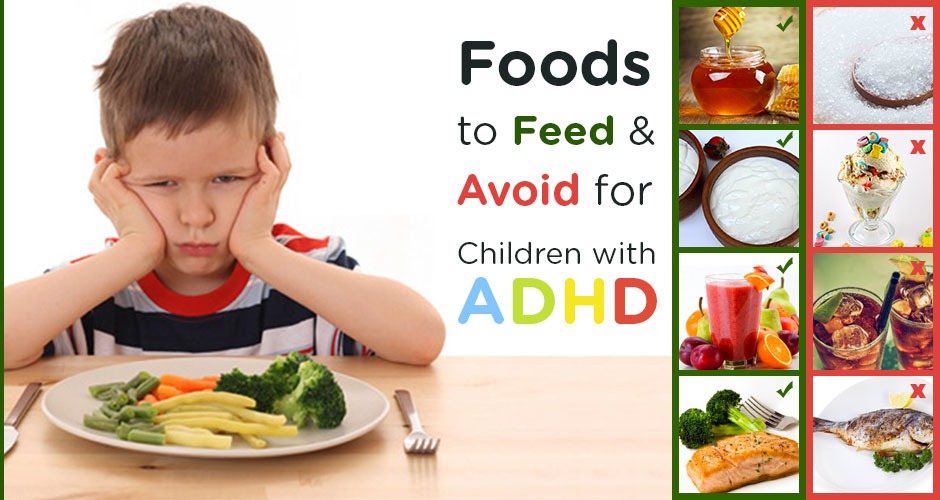Attention Deficit Hyperactivity Disorder (ADHD) affects more than 10% of children worldwide, and this figure is growing. Today, many doctors may argue that diet does not play a role in this neurological disorder, but studies show that it does.

1. Diagnosis
The only certainty is that children affected by ADHD must have symptoms for long periods of time before being diagnosed.
- In today’s prescription-driven world of medicine, that’s not always the case.
2. Medical treatments
The most common treatments for children with ADHD are psychostimulants.
- These drugs come with serious warnings of side effects and can pose significant risks.
3. Vitamin and mineral deficiencies
Many families have found that deficiencies can be as detrimental to this disorder as consuming harmful foods.
- It is known that when adults and children lack certain nutrients, it creates serious health problems.
- Deficiencies are usually seen in diets high in junk food and low in fruits and vegetables.
4. Feingold Diet

In the 1970s, a study known as the “Feingold diet” argued that food additives were responsible for the rise in ADHD cases.
- Dr. Benjamin Feingold, author of Why Your Child Is Hyperactive , has researched and promoted the elimination diet.
- This resulted in the removal of food additives, flavorings and colorings from food, among other impurities, and the results were amazing.
- More than half of the children studied showed dramatic improvement.
- When these additives were later add back, the symptoms reappeared.
5. Restrictive Diet
A 2011 study found that eating a restricted diet of only whole foods like rice, turkey, lettuce, carrots, pears, pure water, and other hypoallergenic foods without any additives gave miraculous results.
- One of the authors of this study, Dr. Lidy Pelsser points out: “Food is the main cause of ADHD”, and adds: “After this [restrictive] diet, they were just normal children with normal behavior. They didn’t weren’t so easily distract anymore, they weren’t careless anymore, there were no more temper tantrums.”
- In conclusion, the study reveal that for 64% of children with ADHD, the symptoms were cause by food. “It’s a hypersensitivity reaction to food,” Pelsser said.
